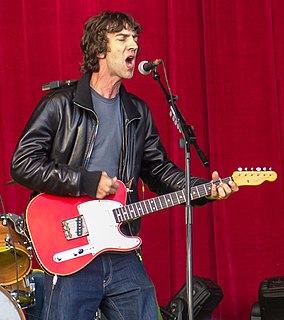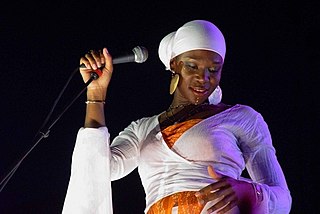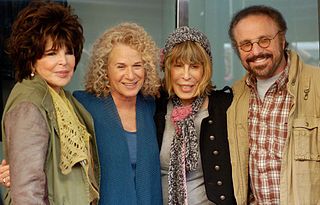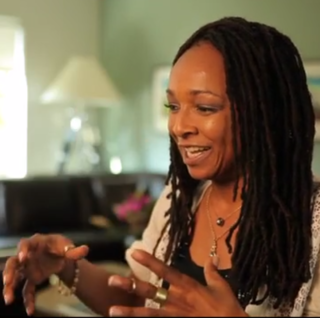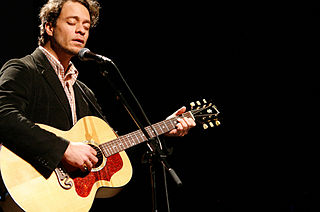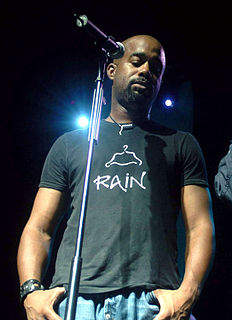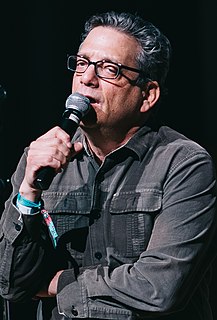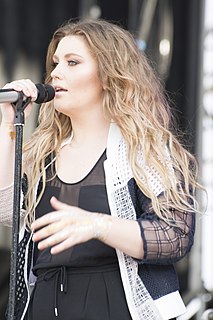A Quote by Brian Fallon
When you label something a singer-songwriter record, you cover many genres.
Quote Topics
Related Quotes
If you're a novelist, you have sort of themes that run throughout novels. You start a novel and you finish a novel. With record-making in the singer-songwriter world or whatever it is that I do, it's a little different because there is no specific arc that is necessarily, like it's not a concept record.
My plan was always to leave school and live in a flat with some friends, have a 9 to 5 job, and try to get as many gigs as I could. I wanted to keep writing and then eventually, in my twenties, head to a record label and hope they'd sit down and listen to my book of songs, sign me as a songwriter and maybe an artist in development.
I love it when people refer to me as a singer-songwriter. I get flutters in my stomach because they say, 'This is Grace VanderWaal, singer-songwriter,' not, 'This is Grace VanderWaal, winner of 'America's Got Talent.'' I'm so proud of that; it's such a big chapter of my life. But it's nice to kind of not be known as just that.

